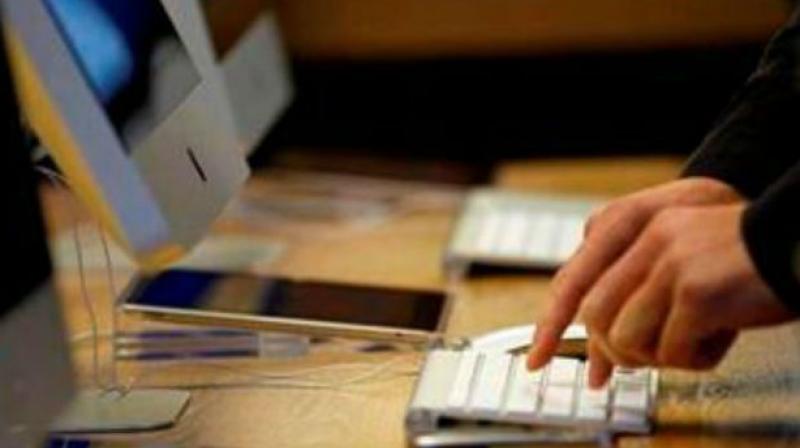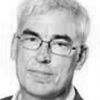Big little lies' get a boost in the age of social media
The much-maligned mainstream media used to be believed by most people for good reason.

Pakistan has had plenty of genuine conspiracies. The assassinations of Liaquat Ali Khan, Gen Zia and Benazir Bhutto were all planned and plotted — and yet no one was brought to justice. Hidden hands have influenced elections and jihadis have been given secret funds. In such cases conspiracy theories seem entirely appropriate. Even so, there is a national tendency to explain just about any event by way of a conspiracy theory. With the dreary, and more often than not, unenlightening phrase “who benefits?”, people claim to be able to see the schemes behind the most mundane happenings. While conspiracy theorists have always been a global phenomenon, until recently they were most numerous in places such as Pakistan where Americans, Zionists, corrupt politicians, generals and spies have all been ascribed superhuman powers of foresight as they act out their dastardly plots.
But something new is happening in the world of conspiracy theories. They are becoming increasingly common in the West. True, there were always some Westerners willing to blame everything on communists or Catholics but for the most part they remained on the fringe. Because Western education puts greater emphasis on critical thinking, the argument went, people were in a better position to make up their own minds of the basis of evidence. Today, the US President constantly tweets about so-called fake news. And many believe him. One of the many things President Trump has brought to politics is the insight that if you control the information bubbles in which people live, some people will believe just about anything. It’s about trust. With good reason, many Pakistanis have had little trust in their political and legal institutions.
But trust is now breaking down in the West too. When some judges in the UK handed down a verdict on Brexit that was not to the liking of those who want to leave the EU, they were denounced by one of the best-selling British newspapers as “enemies of the people” with hidden pro-European agendas. Meanwhile, politicians are viewed as dishonest; journalists are dismissed as biased and doctors are suspected of making decisions based on the inducements they receive from drugs companies. As a sceptical journalist I have always thought that the public was too ready to believe the bland assurances of politicians that the world was a series of cock-ups rather than conspiracies. To take the most glaring of all examples, it is really not controversial to say that companies and individuals do not give money to political parties out of any sense of altruism as they claim but so as to curry favour with those in power. But a reasoned, evidence-based scepticism about how the world works now seems somewhat archaic. Because today communities of activists loyal to their particular political tribe gorge themselves on the unending nonsense that turns up on their Twitter and Facebook feeds.
Many thought social media would be a democratising force that would challenge dictatorships. Instead, master manipulators have learnt how to use the new platforms to drive people deeper into ideological camps. The process has gone so far in the US that studies have shown significant problems in families when a Republican Party supporter marries into a Democratic Party family and vice versa. The new tribalism has enabled the most crackpot theories to be repeated ad nauseam until significant numbers of people believe them. The much-maligned mainstream media used to be believed by most people for good reason. For all its failings, mainstream media outlets were — and still are — committed to trying to report on the world as it actually is. So it is now the age of the conspiracy theories not just in Pakistan but in the West too. As public trust recedes and mutual suspicion increases, fantasists have an ever-greater chance to use social media to publish their ideas and ever greater numbers of like-minded people believe them.
By arrangement with Dawn

